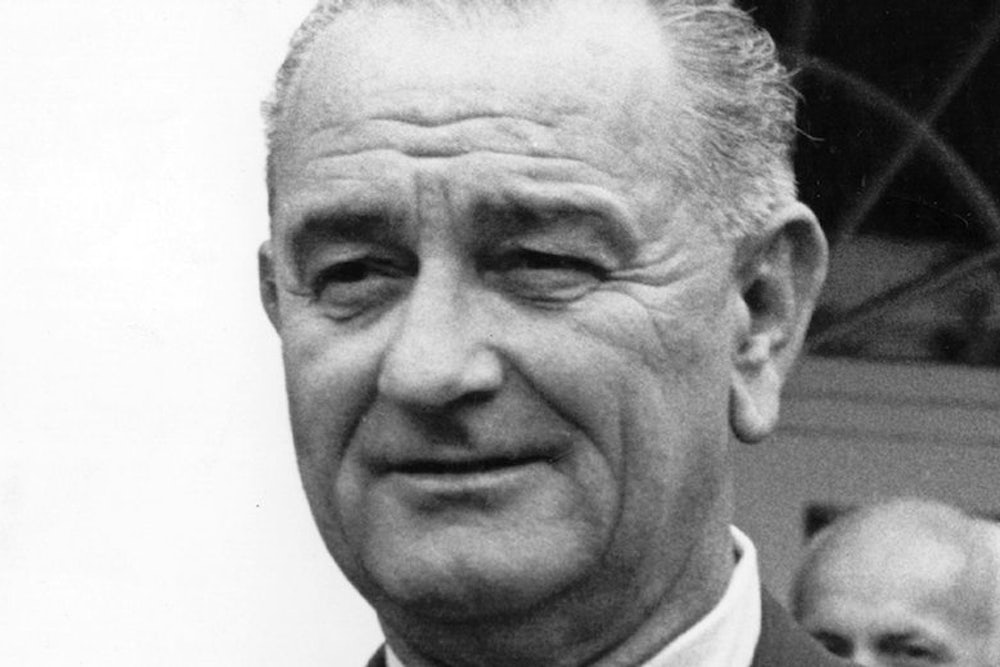Perhaps it’s in the nature of these “disputations” that the disputers’ differences get magnified—here to a bizarre degree. Having said in my previous piece that Michael Kazin and I are in agreement about Vietnam, I’m perplexed that Michael should fault me for not reaffirming at greater length what I had stated concisely but unambiguously. On the disaster that was Vietnam, and on Johnson’s primary culpability for the misguided American role it, we have no quarrel. That my comments should, for him, bring to mind William Westmoreland’s vile remarks reminds me in turn of the old joke about the Rorschach test. Who here is the one with the dirty pictures?
So while I appreciate being absolved of racism for having failed to proclaim more vociferously my obvious disapproval of Johnson’s War, I might just as soon absolve Michael of bigotry for not expounding at greater length on the virtues of the Civil Rights and Voting Rights Act; in either case, the absolution is not only unnecessary but introduces a red herring. For the record, too, I would judge the war just as harshly if it had been three million Canadians whose lives had been claimed.
Maybe our differences really come down to this: For Michael, the enormity of the Vietnam debacle is so great that LBJ must remain forever confined to a historical doghouse. In contrast, I would submit that we have to hold both Johnson’s great deeds and his terrible deeds in our minds at the same time. This uneasy position, I think, does more to invite or even demand continued attention to LBJ’s presidency from historians. And it implies a moral verdict on the man that is, in my view, ultimately more unsettling than a tout court denial of any esteem for him whatsoever.
